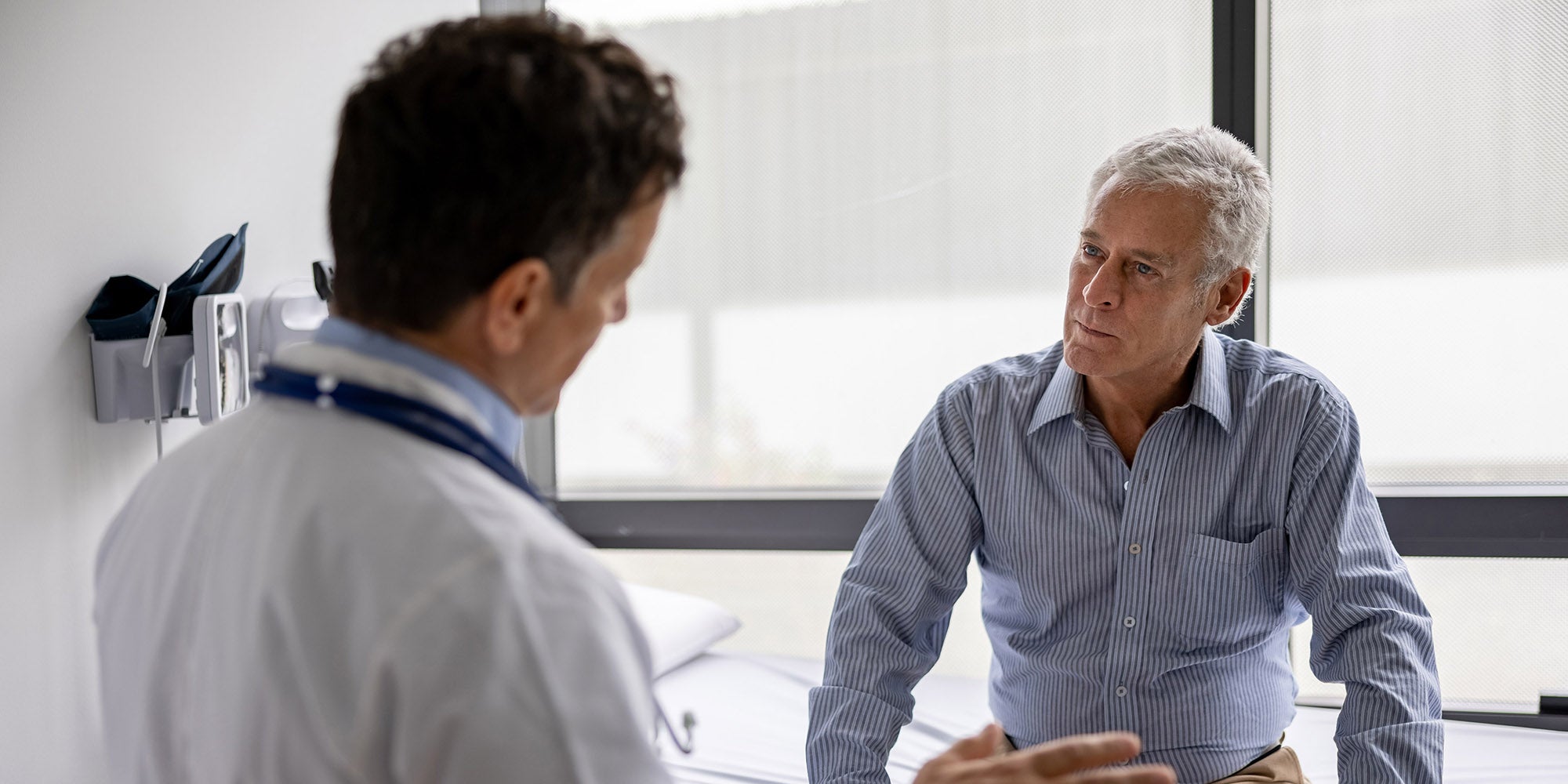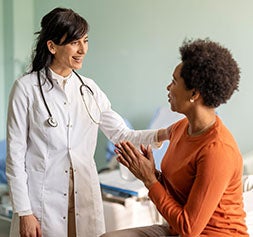What You Should Know About Colorectal Cancer
March 25, 2024
Take Charge of Your Health: Understanding Colorectal Cancer Risks, Prevention, and Treatment
Colorectal Cancer is a common, yet preventable disease. It is the third most common form of cancer in the United States, with approximately 140,000 people being diagnosed each year. It is the second most common cause of cancer death in men and the third most common cause of cancer death in women in the United States.
What is colorectal cancer?
Colorectal cancer occurs in the colon and rectum in the last 5-10 feet of your intestine. Colon cancer generally begins as a small, abnormal growth called a polyp. Polyps, which are abnormal growths of tissue, are harmless and benign, but they can progress to cancer. Certain types of polyps, such as adenomas, occur in 25-30% of people at age 50, and can lead to the most common form of colorectal cancer called adenocarcinoma. However, if these polyps are identified and removed during a colonoscopy, cancer can be prevented.
What are the symptoms of colorectal cancer?
Unfortunately, colon cancer does not always cause symptoms until it has grown to a larger size. Screening tests like colonoscopies are the best way to detect cancer when it is smaller and easier to treat. However, common symptoms to look out for include:
- Change in bowel habits such as constipation or diarrhea.
- Rectal bleeding or blood in your stool.
- Anemia or low blood counts.
- Unexplained weight loss.
- Weakness or fatigue.
- Persistent abdominal cramps or pain.
What increases the risk of colorectal cancer?
Men have a slightly higher rate of colon cancer than women, but anyone over the age of 50 is at increased risk. According to the American Cancer Society, 1-in-23 men and 1-in-25 women will develop colorectal cancer in their lifetime. Other risk factors include family history of colon cancer, personal history of polyps, obesity, sedentary lifestyle, smoking, excess alcohol intake, type 2 diabetes, and consuming processed meats.
What can lower risks of colorectal cancer?
Experts recommend engaging in physical activity, eating a whole food, healthy diet high in vegetables, fruit, and fiber and decreasing intake of red and processed meat. Those at average risk for colorectal cancer should begin routine screening tests like colonoscopies beginning at age 45, while those at higher risk should start earlier. Consult with your primary care physician to determine your risk factors.
What should you expect during a colonoscopy?
There are a few things to be prepared for once you have scheduled a colonoscopy. Prior to the procedure, you must do a liquids-only diet the day before, and then take additional medications to clean out your colon. While this can be unpleasant, it is important so that the physician can get clear images. Colonoscopies are done under sedation at the hospital. During the procedure, a physician uses a long, flexible camera to inspect the inside of your colon and rectum. The physician will look for abnormalities such as polyps, or other signs of cancer. If any abnormalities are seen, the physician will either remove it completely or take a small piece of it to be examined.

What are the next steps?
The team of gastroenterology experts at Trinity Health Of New England is proud to offer some of the most comprehensive and state-of-the-art diagnostic and therapeutic services available. As a Center of Excellence in Gastroenterology, our team of board-certified specialists and subspecialists address all major gastrointestinal disorders, including screening colonoscopies and other forms of colon cancer screenings.
To get more information more about gastroenterology services at Trinity Health Of New England, or to request an appointment, visit TrinityHealthOfNE.org/gastro or call 1-833-C-U-NOW.
